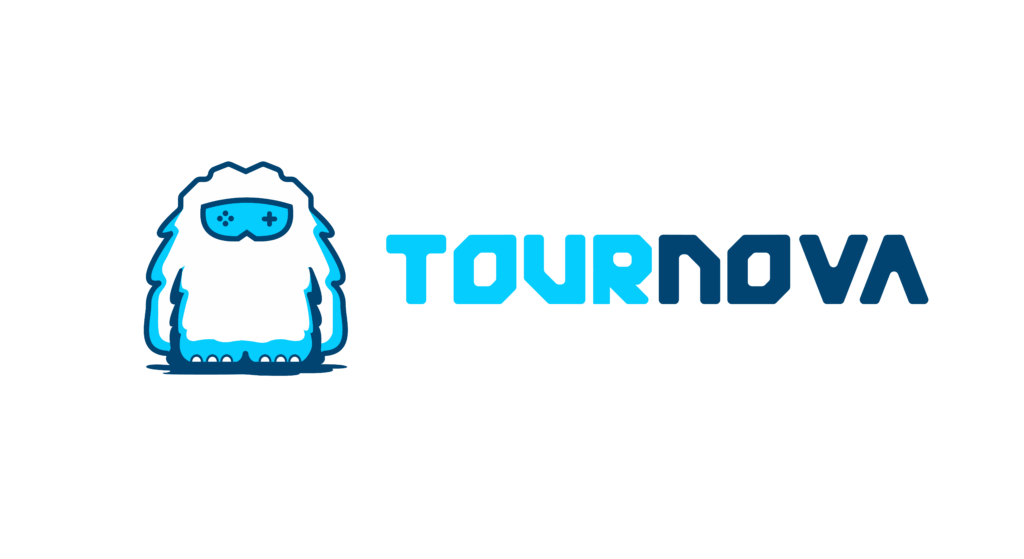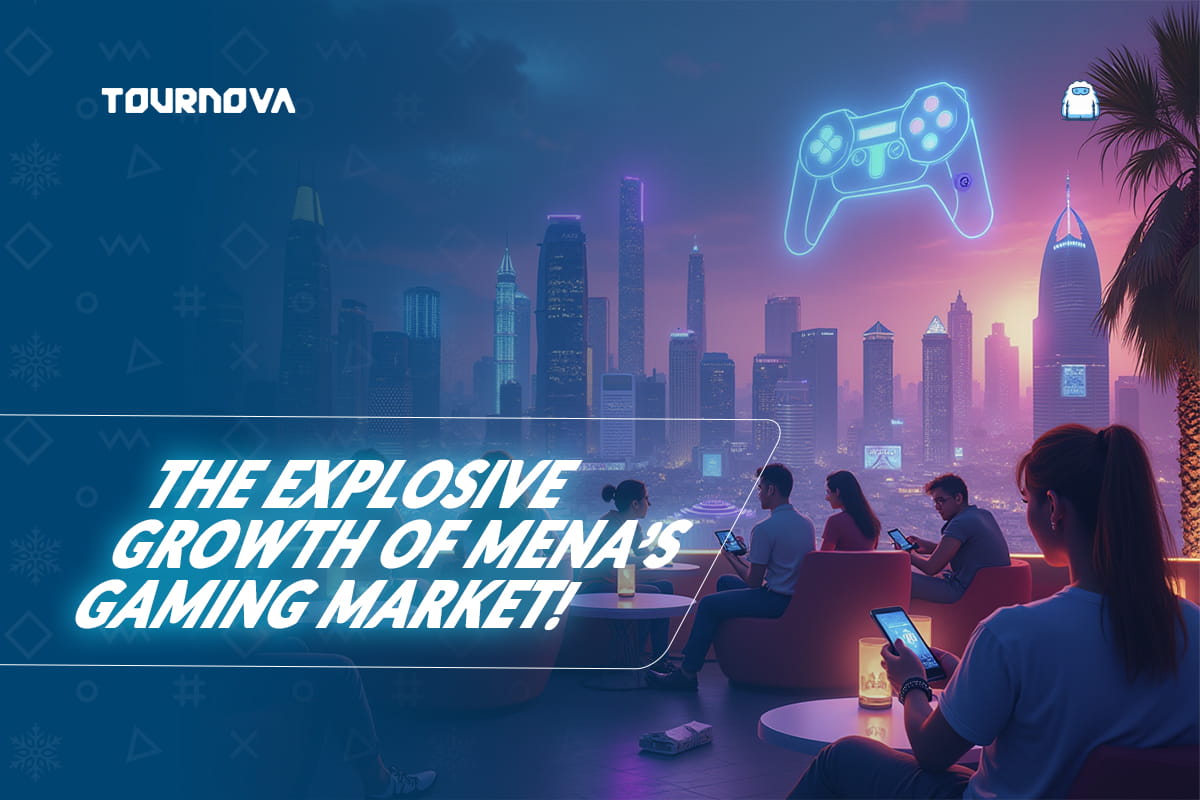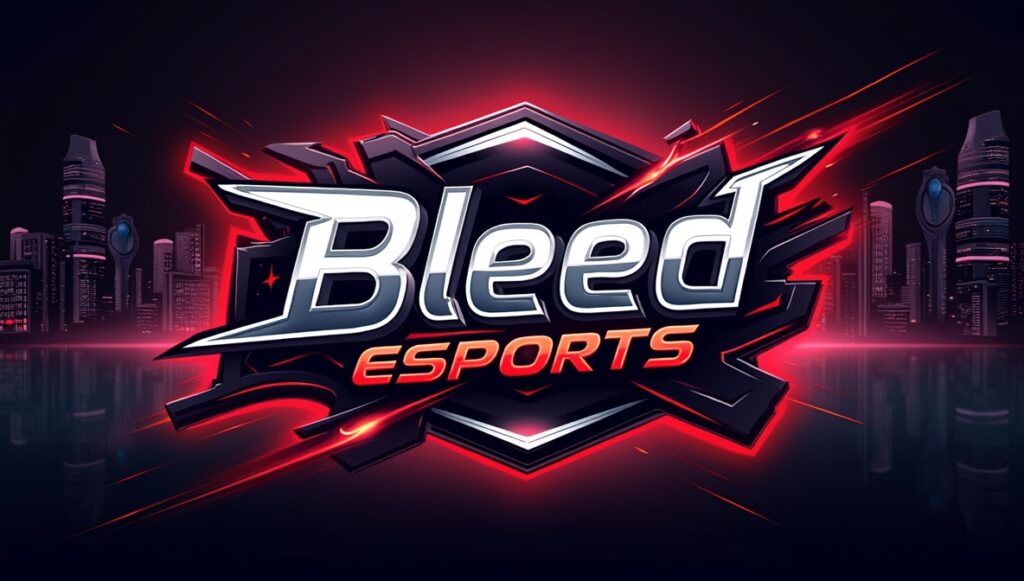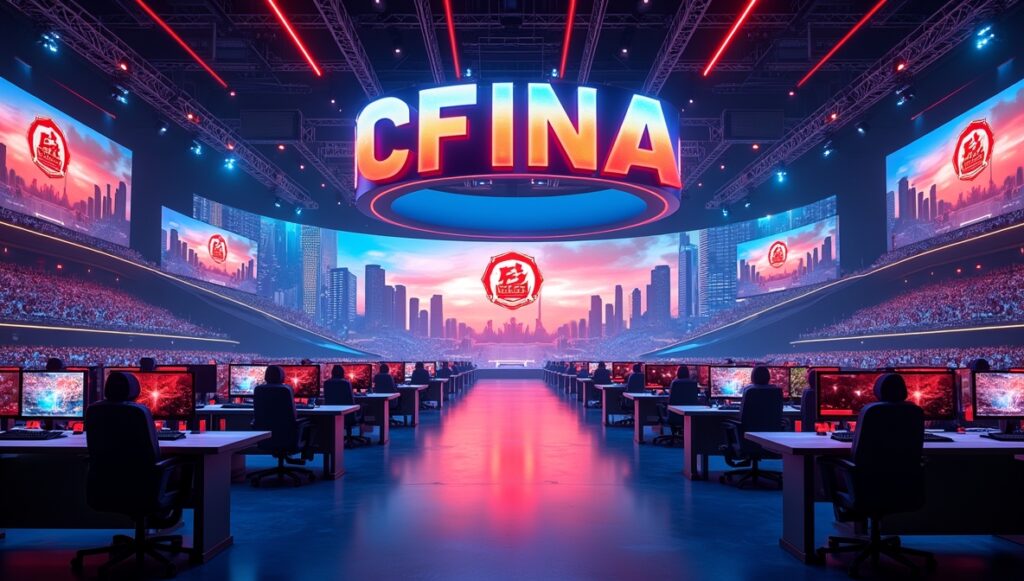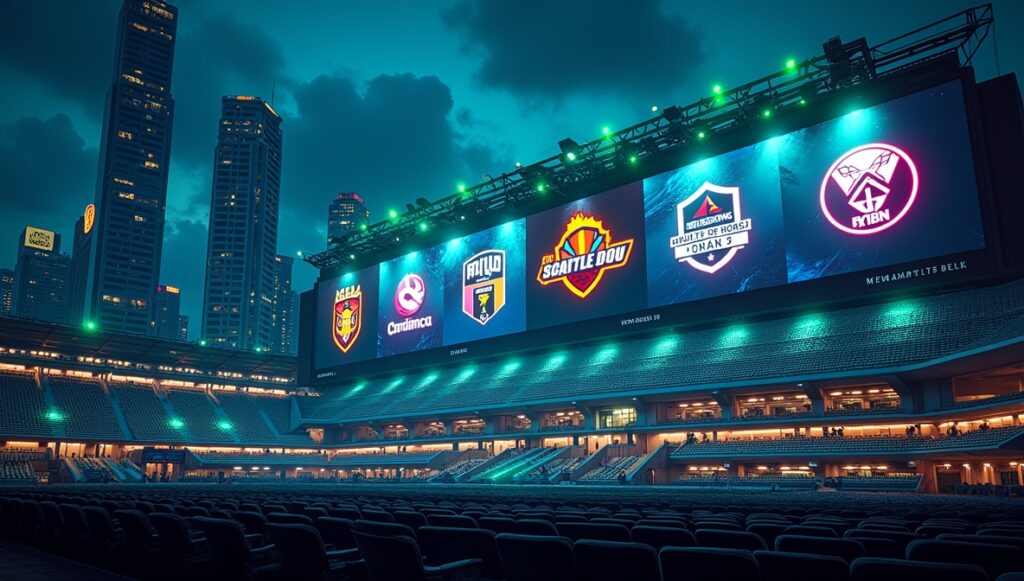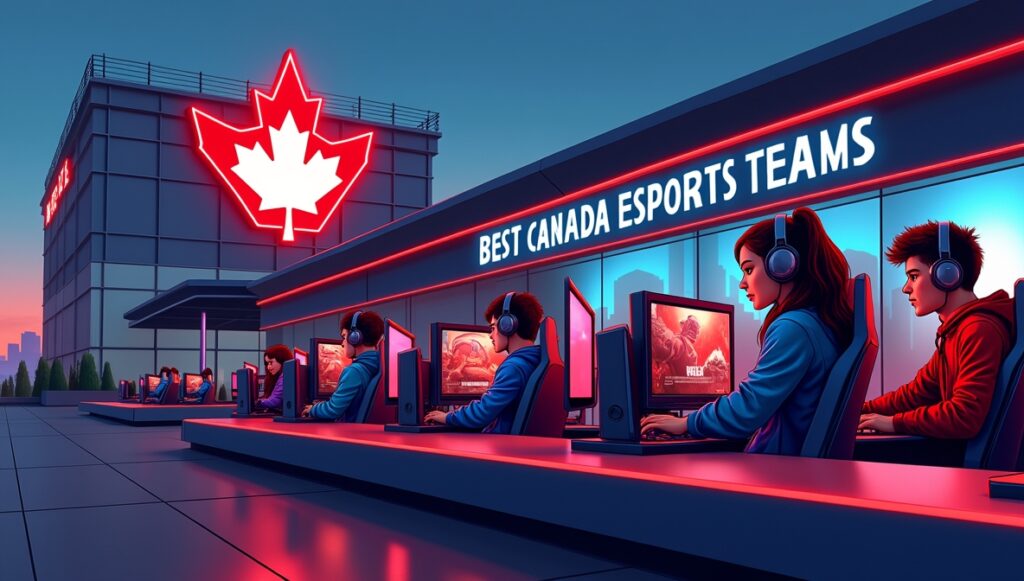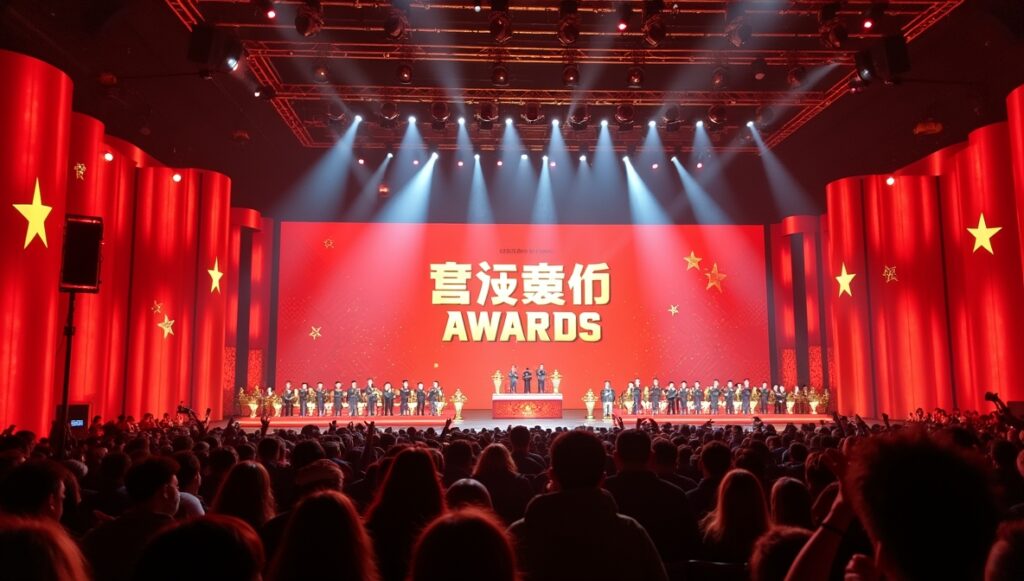Let me ask you something: have you ever walked through the streets of Cairo, Dubai, or Casablanca and noticed the subtle hum of a new, modern rhythm? No, it’s not a buzzing café or the sound of car horns; it’s the symphony of gaming. From bustling city squares to quiet corners, gaming is everywhere, and it’s changing the way people in the Middle East and North Africa (MENA) connect, compete, and entertain themselves. Gaming in MENA has grown from a simple pastime to a full-blown cultural phenomenon. It’s not just kids playing on their phones anymore; it’s esports arenas packed with fans, mobile games dominating downloads, and stories steeped in local culture captivating players across the region. Today, we’re diving into the MENA gaming market growth phenomenon. We’ll explore what’s driving it, why people are so hooked, and where this market is heading.

- Countries like Saudi Arabia, UAE, and Egypt are becoming key players in global gaming and esports.
Key Statistics: Understanding the MENA Gaming Market Growth
Let’s start with the facts, because the numbers behind gaming in MENA are mind-blowing. Take this in: back in 2024, gaming revenue across the region hit a solid $15.25 billion. Pretty impressive, right? But fast-forward to 2029, and projections show that number climbing to an astonishing $22.28 billion, growing at an annual rate (CAGR) of 7.25%.
Think about it; gaming doesn’t just represent downtime here. It’s becoming a major economic force. And it’s fueled by people like us, people who grab their phones between meetings or rally their friends for console battles over the weekend. With 60% of the population under 30, a tech-savvy youth is driving this surge in demand, not just for games, but for innovation, storytelling, and community.

Key Trends Shaping the MENA Gaming Market
MENA gaming market growth isn’t a random explosion. It’s growing in specific and fascinating ways. Let’s explore the trends behind this movement; you’ll see why the region is becoming a big deal in global gaming.
1. Mobile Gaming: The Driving Force
Mobile gaming in MENA is the MVP; the King, the top scorer, the one everyone’s talking about. And why wouldn’t it be? Smartphones have become the most accessible way to play, especially since they don’t require expensive consoles or PCs. Combine that accessibility with affordable data plans, and you’ve got a recipe for gaming dominance.
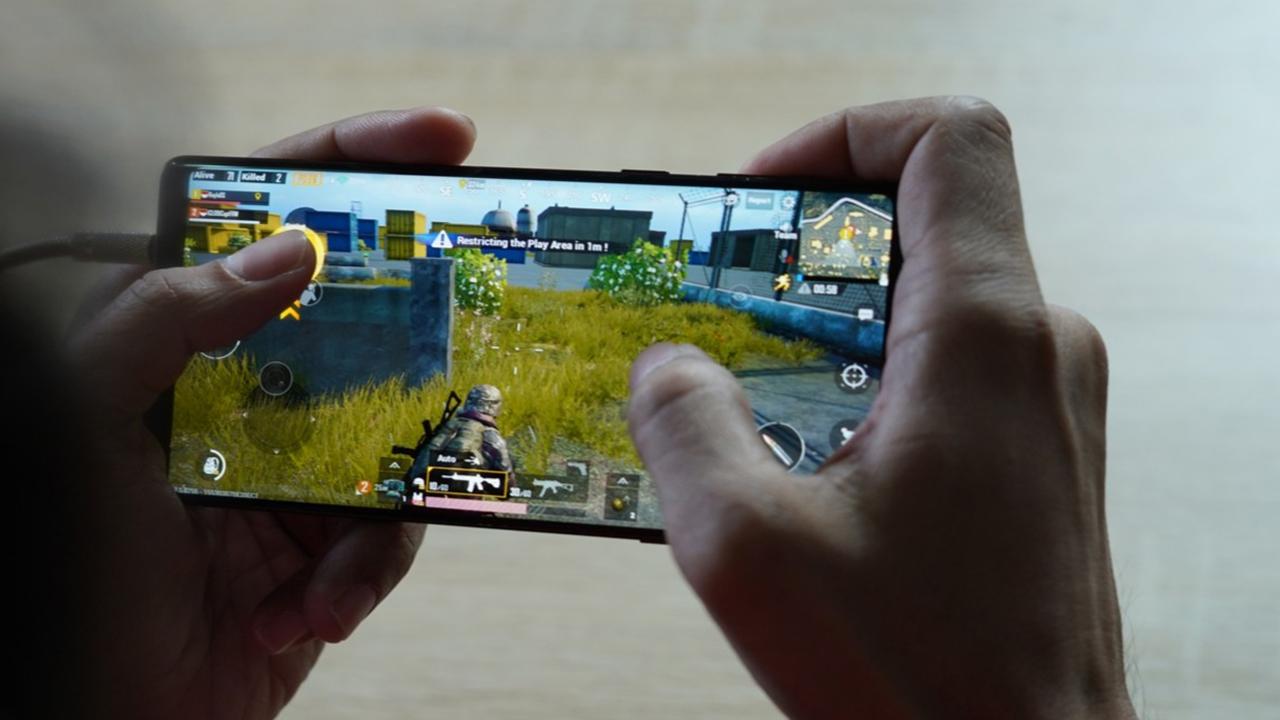
- Popular titles like PUBG Mobile and Free Fire have built massive, loyal communities across MENA.
Take PUBG Mobile, one of MENA’s all-time favorites. Last month, while waiting at a coffee shop in Marrakech, we noticed a guy deeply immersed in a game on his phone. When we edged closer, he wasn’t just playing; he was winning. Teammates shouted strategies through his headphones while enemies fell one by one on his screen. At that moment, it hit us: mobile gaming isn’t just convenient; it’s competitive, thrilling, and deeply social.
2. Growth of Esports in MENA
Esports is where the action goes big. Imagine massive arenas filled with crowds, cheering for their favorite players as if it were the FIFA World Cup. That’s the energy esports is bringing to MENA. Every tournament feels like a festival, with players competing on international stages and fans tuning in from across the globe.
In the context of MENA gaming market growth, Saudi Arabia is on a roll here. Thanks to the forward-thinking Vision 2030 initiative, the country is pouring resources into esports hubs, international partnerships, and training programs for competitive players. We attended a local event in Riyadh last summer, and let us tell you, the roar of the crowd during the final victory was electric. Esports isn’t just growing; it’s becoming one of MENA’s cultural pillars.
3. Localization of Gaming Content
There’s something magical about playing a game that feels like it was made for you. That’s what localization does for MENA gamers. Arabic-language menus, voiceovers, and region-specific designs are turning international games into something personal and relatable.

- Developers are increasingly investing in culturally relevant content, voiceovers, and interfaces to resonate with MENA audiences.
Take Assassin’s Creed Origins, which was set in ancient Egypt. When this game hit the market, gamers weren’t just playing; they were living the history they grew up hearing about. Localization in gaming isn’t just about convenience; it’s about creating an emotional connection. And in MENA, it’s changing the way people see themselves in the virtual world.
Factors Fueling MENA Gaming Market Growth
Okay, so we know about MENA gaming market growth, but why is it happening? What’s behind this rapid expansion? A variety of factors are pushing the market forward, and it’s all about opportunities created by technology, culture, and industry shifts.
1. Technological Advancements
Technology in MENA is on fire right now. With 5G networks rolling out across major cities, cloud gaming platforms are gaining traction in ways we never thought possible. Suddenly, playing high-quality games doesn’t need a fancy gaming PC or console; all it takes is a solid internet connection.
A great example is GeForce Now’s arrival in MENA. We’ve seen firsthand how friends team up to play console-level games on nothing but their phones or laptops, thanks to the cloud. It’s making high-end gaming more accessible than ever.
2. A Young and Gaming-Obsessed Population
Who’s at the center of this story? Young people, of course. With over 60% of the population under age 30, gaming comes naturally to this generation. We’ve seen teens and university students bond over Fortnite, challenging each other to see who can build faster and strategize smarter. Gaming here isn’t just entertainment; it’s how they connect, collaborate, and explore.

- This youth-driven demographic fuels high engagement across mobile, console, and esports platforms.
3. International Opportunities
The MENA gaming market growth may feel local, but it’s catching worldwide attention. Major producers are focusing more on this region, not just with event sponsorships but through direct investments, collaborations, and partnerships. Why? Because MENA players aren’t just consumers; they’re influencers, trendsetters, and innovators at the global level.
Challenges in the MENA Gaming Market
No surge comes without obstacles, and the MENA gaming market faces its fair share. In rural areas, internet connectivity isn’t always up to par, leaving some players behind. Content censorship can also complicate releases, with games needing to adapt to cultural and regulatory standards.
But gamers here? They don’t back down. With solutions like cloud gaming, investment in rural infrastructure, and creative compromises on game content, the community keeps pushing forward, and developers are stepping up to meet the demand.

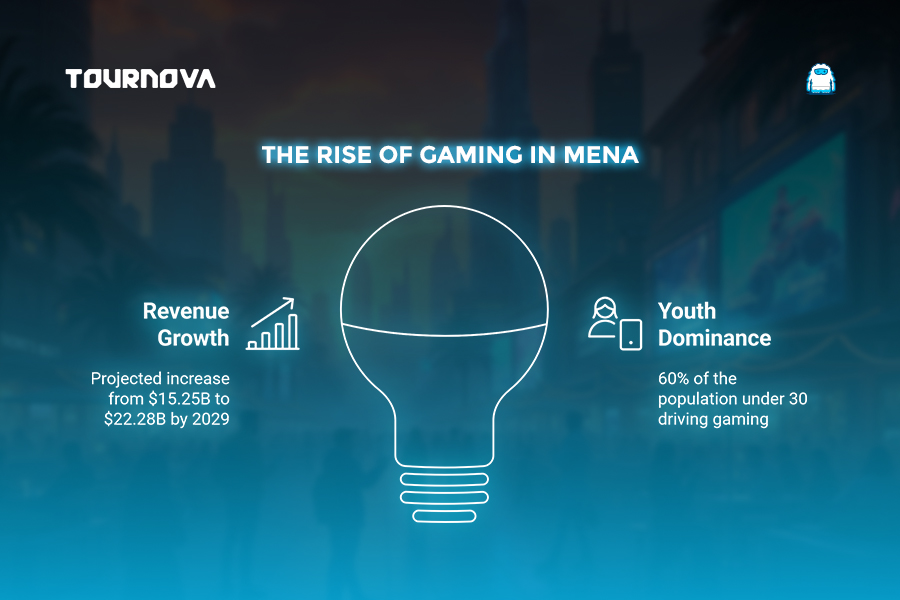
Future Projections and Opportunities
Now, let’s talk about where this market heads next, because MENA gaming isn’t slowing down anytime soon. MENA gaming market growth isn’t just promising; it’s almost guaranteed to be massive. More tournaments, bigger sponsorships, and local teams making names globally will lead the charge.
Beyond esports, VR and AR gaming open new doors. Imagine exploring Petra through virtual reality or playing a sci-fi game inspired by Middle Eastern folklore. These aren’t wild fantasies; they’re glimpses of where creative developers might take us next.
Tournova: Empowering the Burgeoning MENA Gaming Scene

- Significant investments, such as Saudi Arabia through Savvy Games Group, are transforming the region into a global gaming hub.
As the MENA gaming market experiences exponential growth fueled by mobile gaming dominance and the rise of esports, Tournova aligns seamlessly with this dynamic landscape by offering accessible and user-friendly tournament solutions. Leveraging the widespread adoption of Telegram and Discord, Tournova provides a platform that caters to both casual and competitive gamers in the region. The platform’s automated features, including player matching, bracket management, and secure prize distribution, address the need for streamlined tournament organization, mirroring the operational efficiency seen in major esports events driven by Saudi Arabia’s Vision 2030.
Moreover, Tournova’s integration of a token economy taps into the MENA region’s increasing interest in innovative monetization models and Play-to-Earn systems. By rewarding players with Tournova tokens for participating in tournaments, completing challenges, or achieving high rankings, the platform enhances engagement and creates a sustainable ecosystem for gamers in the MENA region. This approach fosters a sense of community while providing opportunities for players to earn from their gaming skills, ultimately contributing to the MENA gaming market growth.
Closing Things Up: MENA’s Gaming Boom: A Market to Watch
When we look at the MENA gaming industry, it’s impossible not to feel excited. The region isn’t just growing; it’s booming. Driven by technological advancements, esports hype, mobile gaming dominance, and cultural relevance, this market has become a central player on the global stage. There are challenges, sure, but every obstacle sparks innovation here. Between local developers experimenting with storytelling and government-backed initiatives fueling infrastructure, the future of gaming in MENA is nothing short of revolutionary. Jump in, whether you’re a gamer, a developer, or someone watching from the sidelines. This story of the MENA gaming market growth isn’t over yet; it’s just getting started.
Read about everything eSports all over the world via our Global Esports features on Tournova.
FAQs
1. How is gaming viewed socially in MENA?
Gaming is increasingly seen as a communal activity rather than a solitary one. Families, friends, and coworkers often play together, particularly in casual mobile games. It’s evolving into a way to bond and unwind across generations.
2. How do MENA gamers adapt to technology challenges?
In areas with slower internet speeds or fewer gaming resources, MENA gamers switch to mobile-friendly games or leverage cloud platforms to access high-performance games. Their adaptability reflects their passion for gaming despite hurdles.
3. Are subscription-based gaming models popular in MENA?
Yes, subscription gaming services like PlayStation Plus and Xbox Game Pass are gaining traction, offering affordable access to a wide library of games. These models are particularly appealing in markets where gaming hardware may not be widely available.
4. What role do indie developers play in MENA’s gaming scene?
Indie developers in MENA are increasingly creating localized games catering to cultural tastes. From folklore-inspired adventures to -language narratives, indie studios are capturing the uniqueness of the region in their projects.
